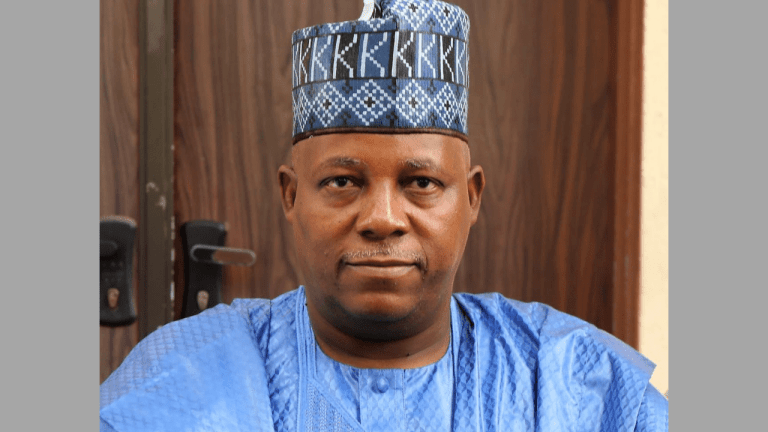Vive President Kashim Shettima has mourned the death of over 100 persons in a catastrophic tanker explosion in Jigawa State.
This came as he announced immediate federal government intervention even as he called for a comprehensive review of fuel transportation safety protocols in the country.
In a release by his spokesman, Stanley Nkwocha, Shettima on behalf of President Bola Tinubu expressed particular sorrow for the families who lost loved ones in the tragic incident and prayed that Almighty Allah grant them the fortitude to bear the loss.
In a condolence message Wednesday, Shettima said “My heart aches for those who have had their families torn apart by this disaster.”
“This devastating incident has shaken us all to our core. The Federal Government stands with the people of Jigawa. We are mobilising all necessary resources to support the injured and assist the families affected by this calamity,” he said.
The tragedy, which occurred in Majiya has thrown the entire nation in grief. In response, the Vice President has directed the immediate deployment of the National Emergency Management Agency (NEMA) personnel and resources to Jigawa State.
“As we contend with this tragedy, let us also reflect on the importance of safety measures and public awareness to prevent such incidents in the future,” Shettima emphasized.
“Every life is precious, and we must do all we can to protect our citizens.”
The Vice President also commended first responders and medical personnel for their tireless efforts, stating their dedication “exemplifies the best of our nation’s spirit.”
Shettima inaugurated the National Road Safety Advisory Council (NaRSAC) last Friday with a charge on members to align with global best practices in reducing traffic crashes.
He tasked the council to set National Road Safety Strategy targets and ensure effective coordination between federal, state, and local governments to achieve shared road safety objectives.
The Vice President emphasized the critical nature of road safety, stating, “Road safety is not merely a matter of policy but a critical part of the lifeline that connects the people of this nation.”








